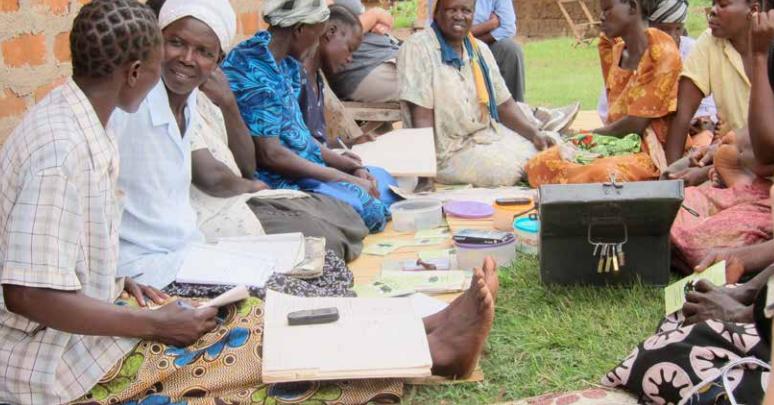
Financial Inclusion and The NPO Sector
Posted on 10 May, 2021 at 16:59
By Linda Calisto
Financial inclusion refers to the provision of equally available
and affordable access to financial services for everyone, regardless of their
level of income. It applies to providing services to both individuals and
businesses. It focuses on providing financial solutions to the economically
underprivileged. However development and philanthropic actors, possess a
unique set of financial and non-financial tools that can be applied to help
private institutions overcome financial inclusion barriers. Financial Inclusion
enables individuals, businesses and
communities to have access and usage of a broad range of affordable, reliable,
quality financial services and products in a manner convenient to the
financially excluded. Research on the needs and
habits of the poor shows that nonprofits continue to serve a vital function
when it comes to bringing financial services to those who need them most.
Some of the roles that
non-profits organisations can play in improving financial inclusion are funding
financial literacy programs, supporting women and youth empowerment programs
and funding infrastructure development such as roads, networks to make it
possible for financial Institutions to establish in certain locations. Financial
Inclusion intends to help people secure financial services and products at economical prices such as
deposits, fund transfer services, loans, insurance, and payment services.
It aims to establish
proper financial institutions
to cater the needs of the less fortunate groups. Therefore, the Non Profit
Organisations, with the support given by the government and private players has
been accelerating its development activities by taking up specific issues like
poverty alleviation and child rights. Financial Inclusion promotes freedom
from commands of informal lenders, enhances financial deepening, promotes
inclusive and equitable economic growth. It also boosts employment
opportunities, promotes formalization of the economy, promote growth and formal
sources of credit, poverty reduction and enhances financial sustainability.
In most cases, rural areas suffer from
being not only poorer than urban areas, but also costlier for financial institutions
to reach. The high costs of serving clients in those areas often makes the
financial institutions operations unsustainable. Furthermore, even in markets
where formal microcredit is present, many are not comfortable to borrow from a
micro lender. The reasons for their reluctance include concern about price,
fear of payback in the case of default, and discomfort with the formality of
institutional lenders. In response to these challenges, NGOs such as CARE, Catholic Relief Services and Plan International have
come up with what they call “savings-led micro finance†that focuses on
creating community savings groups. NGOs present the savings group model to
locals at a public meeting and invite attendees to form groups of about 10 to
30 people who can come together to make a weekly or monthly contribution.
NPOs can come
together with financial service providers be it micro finances or banks to help
people in the rural communities to be financial included. People from the rural
communities have established relations with the NPOs thus it will become easy
to convince them into using banking services, insurance services and ultimately
that increases financial inclusion. Bill and
Mellinda Gates Foundation is a perfect example of an NGO that is working on
expanding access to digital financial services to the poorest people around the
globe so that they can build security and prosperity for themselves, their
families and their communities.
Financial inclusion is a key enabler to the
achievement of the Sustainable Development Goals, which are a collective call
to action to end poverty and ensure that all people enjoy peace and prosperity.
Globally, policy makers are increasingly embracing financial inclusion
initiatives to nurture inclusive economic growth and social development. Non-Profits have the potential to play a critical
role in solving this problem of trust. People may find them to be more
credible, and more likely to be acting in clients’ interests, than a for-profit
microfinance institution. They are in a position to provide honest information
on which financial institutions are most trustworthy and on which products are most
suitable to consumers.
